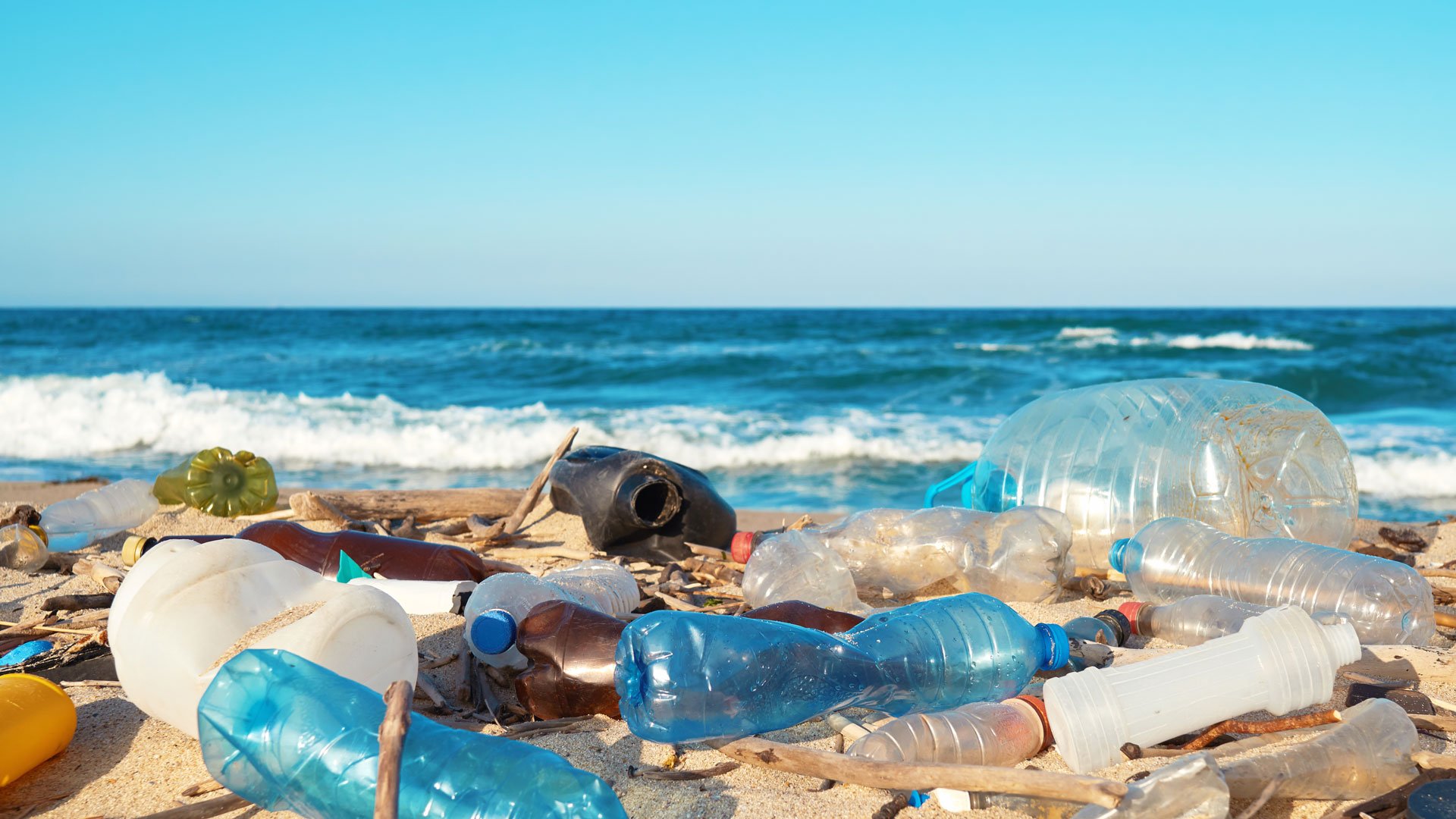Is Ocean Bound plastic even a real thing? We all know there is plastic waste in the ocean, and we all know it’s a problem. Collectively I am sure many who read this blog have heard the term used a time or two. So, what is Ocean Bound plastic and how do I know if the plastic used is really Ocean Bound?

I will be honest; the first time I heard the phrase I laughed pretty hard. To me it was very deceiving, but it did sound good. I pictured men combing the beaches or dragging nets to get refuse that could be recycled.
It’s estimated that over 300 million tons of plastic are made every year and about half that amount ends up in the ocean every year. In addition, The Ocean Bound Plastic Certification defines ocean-bound plastic as "plastic waste that is at high risk of entering the ocean, typically within 50 km of a coastline." (obpcert.org).
Ocean Bound Plastic is real.
Wait, there is a caveat though. Plastic scrap can only be called Ocean Bound if as stated above is within 50 km of the coastline, but it also must be collected from areas that waste management is not existent or inefficient. This eliminates many areas we would typically think of at first, but it does direct the resources to areas that really need it and are on the front line of stopping plastic from entering the ocean.
Another good piece of information is understanding the four main categories currently being used. There are four current categories for Ocean Bound Plastic.
Waterways Ocean Bound Plastic – mismanaged plastic waste located 200 meters from rivers.
Potential Ocean Bound Plastic - mismanaged plastic waste located within 50km of the coastline.
Fishing Material – Abandoned plastic waste collected by projects that incentivize fisherman to bring back to shore and/or not discard at sea their own plastic waste or third party plastic waste collected involuntarily during fishing activities.
Shoreline Ocean Bound Plastic - mismanaged plastic waste located 200 meters from shores.
How do you make sure it really is Ocean Bound Plastic? The current Ocean Bound Plastic Certification which was created by Zero Plastic Oceans. It would be essential to a brand that certification is held to these standards not only for consumers but it would also be required for a brand to calculate their net positive effect.
The main laboratory certifying if a material is Ocean Bound is IDFL Laboratory & Institute.
In conclusion, ocean bound plastic is real, but you must be diligent to ensure that green washing is not being used and the material desired really is contributing a positive effect for our world as well as those in areas that do not have the well managed waste recycling or none at all.








